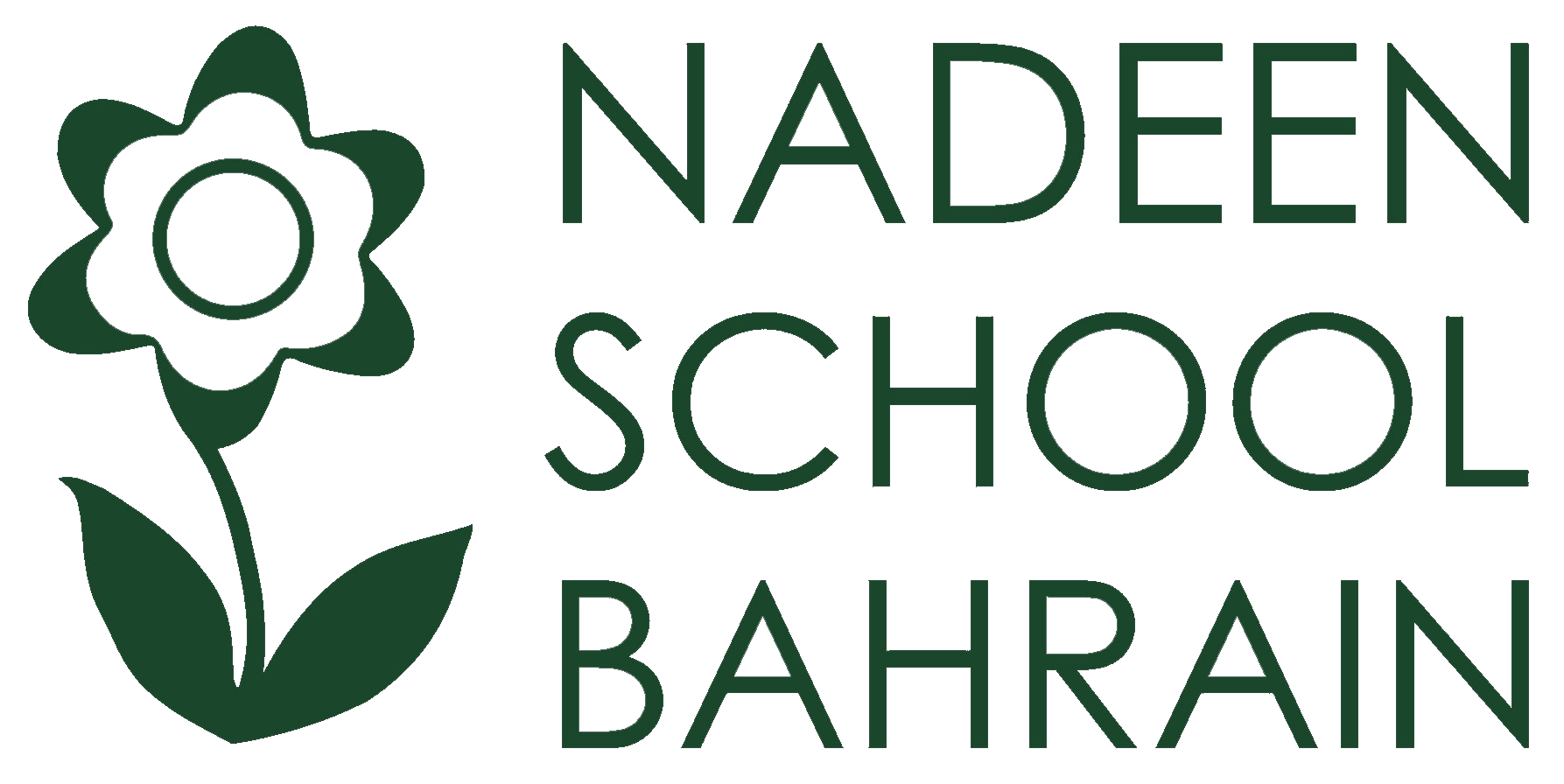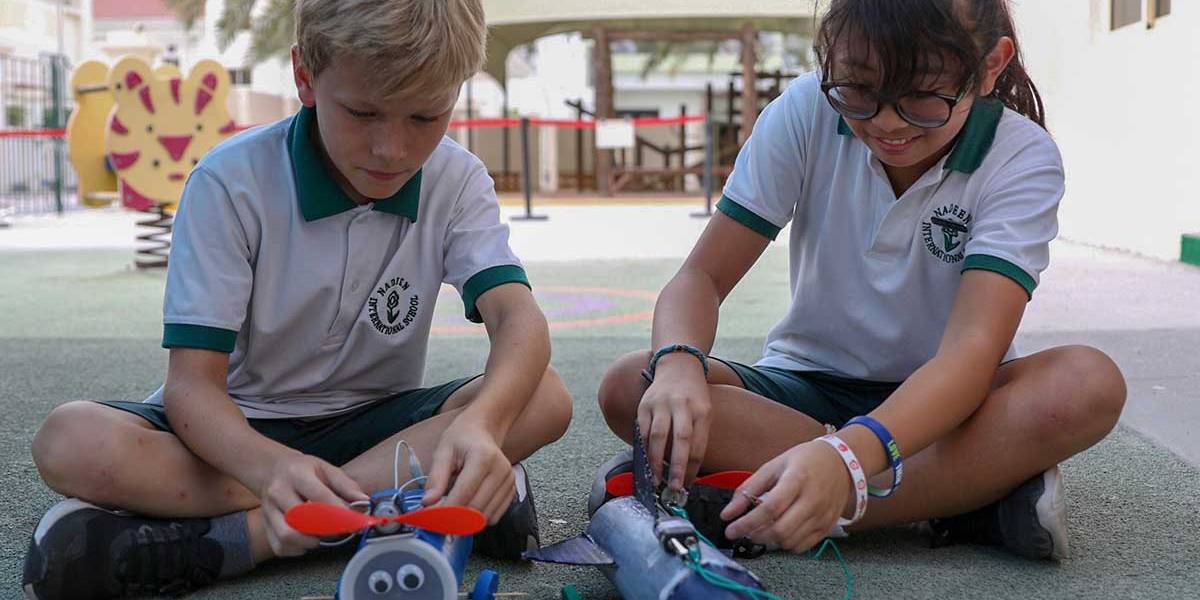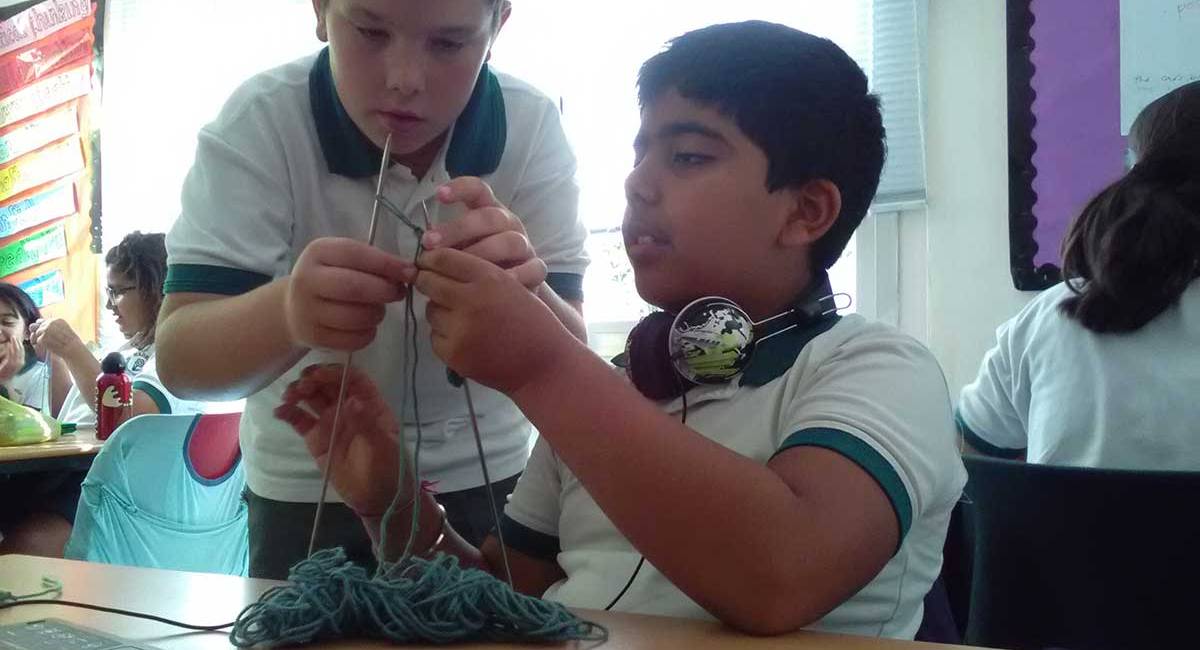
EAL Provision
_
At Nadeen we pride ourselves on the outstanding provision we have in relation to EAL
Our latest British Schools Overseas (BSO) report, states:
‘Provision for those pupils who have special educational needs and for those who speak English as an Additional Language (EAL), is outstanding.’
‘A real strength of KS1 is its inclusive nature. Across the KS, high quality intervention is provided that enables pupils to make rapid gains in their learning. Excellent support is targeted extremely effectively and as a result, pupils who have English as an Additional Language or specific learning difficulties or who need general support make good and outstanding progress in their learning.’
‘A particular strength of the school is the quality of intervention and support that is deployed so that many pupils who begin Year 1 or Year 2 with little spoken English, quickly settle and make rapid progress.’
We are the only school on the island that provides a rich EAL curriculum to support students at any level, on entry to the school.
EAL pedagogy here in Nadeen is underpinned by these principles:
Bilingualism and multilingualism are an asset – the ability to use more than one language is a valuable skill that learners who use EAL bring with them, regardless of whether they are New to English or not. Learners actively use the languages they already known to learn English.https://www.bell-foundation.org.uk/
Cognitive challenge should be kept appropriately high – high expectations around cognitive challenge should be maintained. Access to the curriculum is needed, but this does not imply the “dumbing down” of the content. For example, a learner from Greece might be highly skilled at Maths but using English as the language of instruction might be preventing them from engaging fully in the Maths lessons. https://www.bell-foundation.org.uk/
Learners’ proficiency in English is closely linked to academic success – Research has found that proficiency in English is the strongest predictor of academic achievement (Strand and Hessel, 2018)
In school we are aware, understand and fully embrace the difficulties children may struggle with when embarking on a new learning pathway such as:
- They have to learn English
- They need to socialise with other children in the YET unknown language
- They need to learn content through the curriculum in another language
- They need to learn culturally-embedded social practices of the classroom
Factors that influence language development may include:
- The age at which a child enters the educational system.
- Their level of literacy in their home language.
- Home expectations and understanding of the education system.
- Their previous experience of school (or lack of)
- Their knowledge and understanding of language and the school curriculum.
- Their support for language and learning at school and in the community.
Admissions at Nadeen
Following an application to school the Admissions Team will signpost children with little or no English to the inschool assessment panel for a specific EAL assessment. This assessment is completed by a member of the EAL team to determine the level of support that will be required.
EAL Tiered support system.
Beginner level of English – Band A-B, will be offered Level 2 support in EAL.
Intermediate level of English Band B-C, will be offered Level 1 support in EAL.
If Math support is also required then the level of support may be increased to Level 2.
Progress and Tracking in EAL
We use the Bell Foundation assessment tracker to track the EAL learner’s progress through the 5 bands of language acquisition
Band A- New to English
Band B- Early Acquisition
Band C-Developing Competence
Band D- Competent
Band E- Fluent
Bell Foundation overview descriptors
Bell Foundation detailed descriptors
On admission children with EAL needs, will be placed in a classroom which ‘best fits their EAL profile at that time; considering for example, information such as a class which has other children of similar needs or in a class that has a sympathetic speaker.
The EAL Curriculum
The EAL lessons follow the Macmillan English Primary Programme. There are six levels within the programme which incorporate the skills of listening, speaking, reading, and writing. Concurring with this, a phonics or math language support may also be given, if required.
A child identified as having EAL needs will be withdrawn from the regular classroom for 3-5 personalised sessions per week. This will be primarily during the class Target Time to ensure no new learning is missed.
It is important to note that EAL teaching continues in the main classroom. Teachers use a variety of strategies in the classroom to enable our EAL learners to access the regular lessons.
Examples of strategies used in the classroom
Currently we have 8 (2%) children in the school on the EAL programme.
Children joining at a beginner English level, normally need 12 months of intensive EAL support to enable them to leave the programme within 12 months. This is dependent on their level of literacy in their home language.
We have a consistently high number of children successfully discontinued from the programme over a 12 month period.
EAL Team and Contacts
We have a dedicated team that tailors the curriculum to suit the needs of every student. You can contact them directly or through our Admissions Department.
EAL leader & teacher Rachel Hughes r.hughes@nadeenschool.com
EAL teacher Jennifer Browne j.browne@nadeenschool.com
EAL teacher Najat Shamsi n.shamsi@nadeenschhol.com








